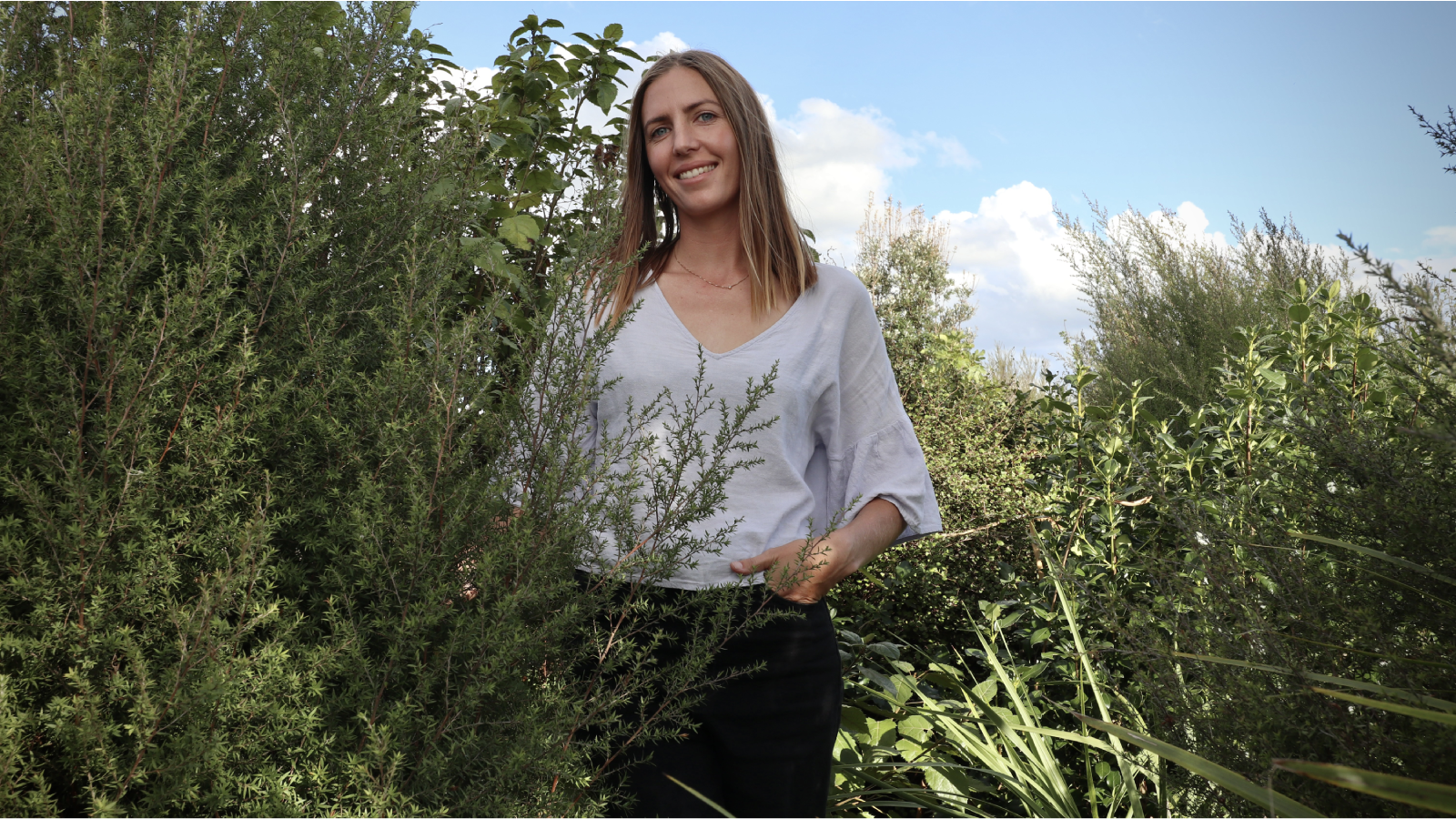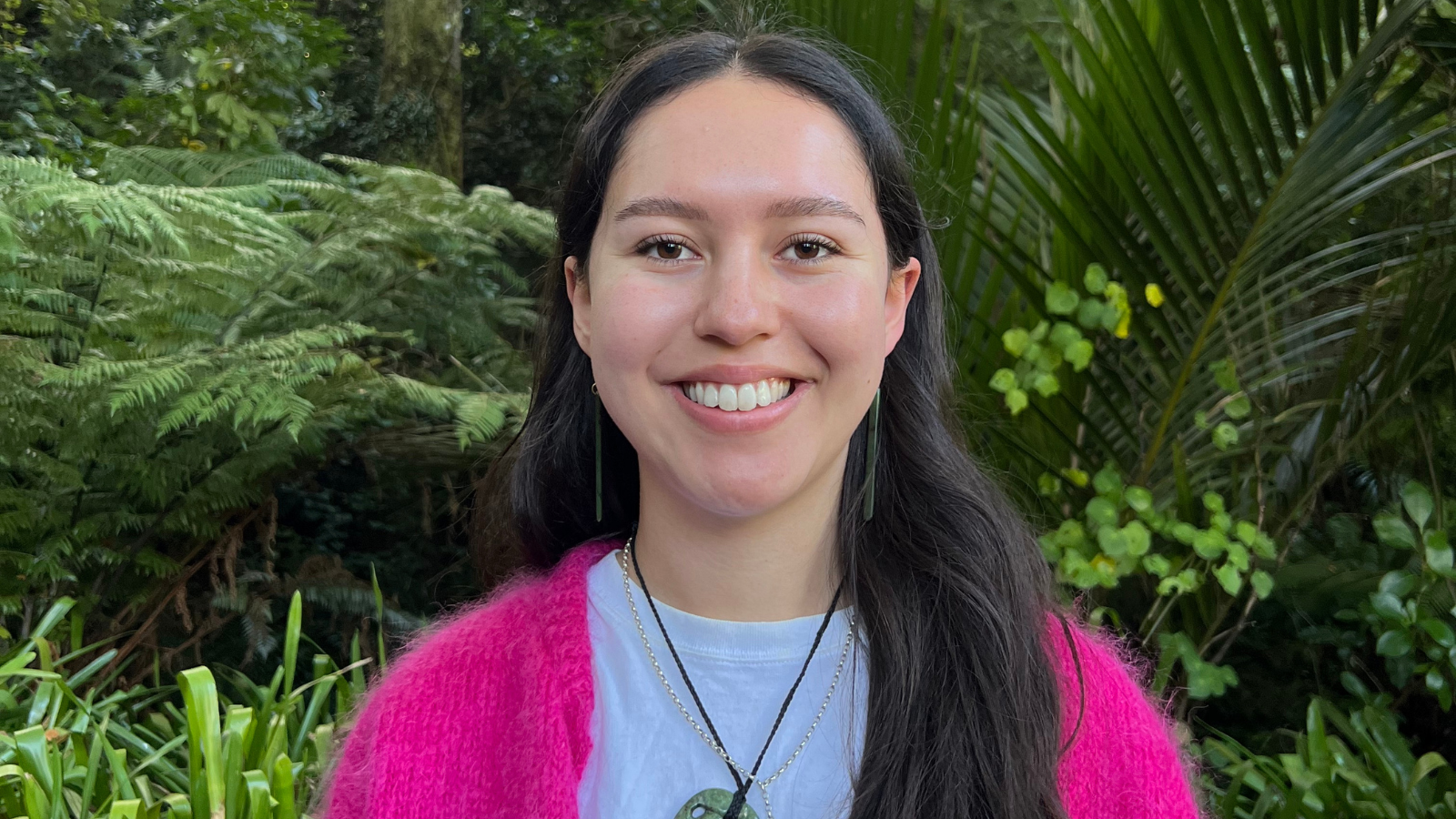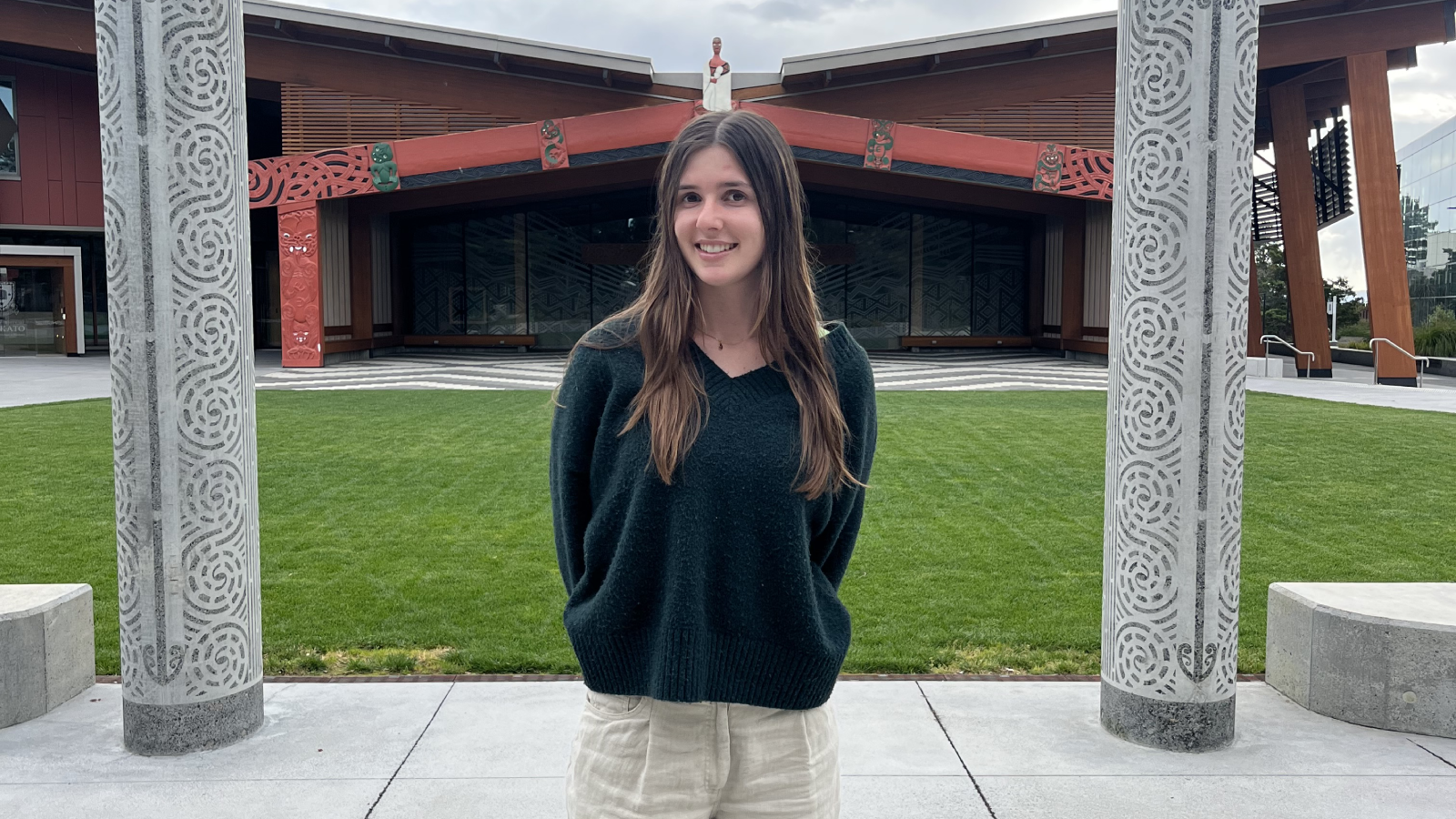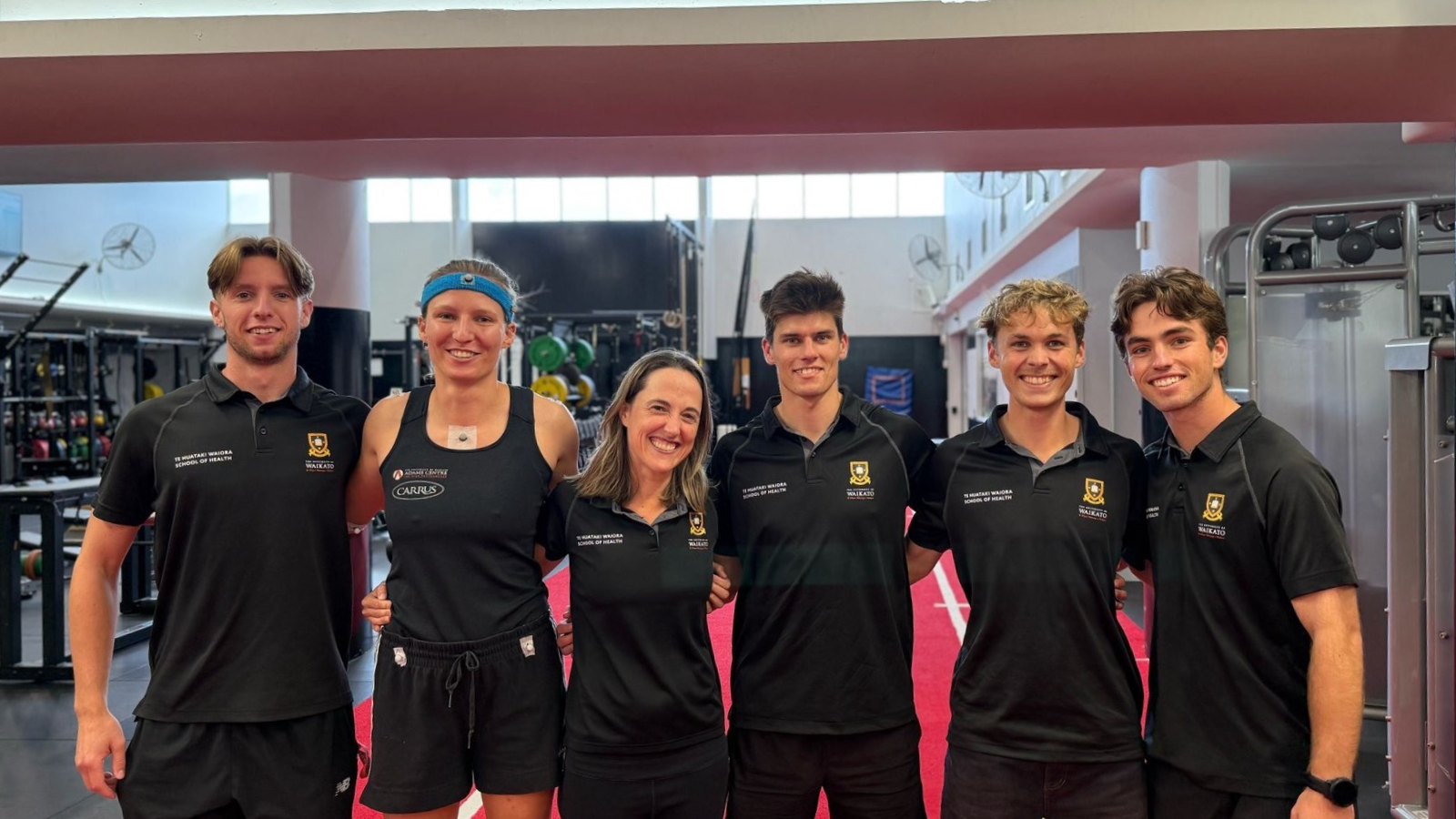Nikki Barrett is locking down the detail for her Fulbright-Ngā Pae o te Māramatanga Graduate Award.

Nikki Barrett (nee Haereroa) (Ngāti Hauā, Ngāti Porou)
Nikki (Ngāti Hauā, Ngāti Porou) is researching traditional Indigenous birthing knowledge, which is the focus of her PhD in Health, Sport and Human Performance at the University of Waikato, and what she’ll be studying in the United States when she heads off next year.
It’s a big topic and Nikki says there are a lot of different places she could go to for her research. She has a “dream list” of locations, including Alaska and Hawai’i, “where there are amazing things happening in the hapū space”.
With a bachelor’s and master’s degrees from Waikato, Nikki worked in community health after graduating, first for Sport Waikato, then Whakawhetu National SUDI (sudden unexpected death in infancy) Prevention for Māori.
She says the combination of real world and research experience was invaluable and helped her secure a role as a senior project manager at Waikato District Health Board (DHB). But it was her own pregnancies that generated her interest in antenatal education.
When she had her babies, now eight and six, Nikki says she knew very little about pregnancy and birthing, let alone Indigenous practices; she had to go looking for it, and once found she knew then “that every wāhine should have access to a wānanga like this”.
Nikki’s PhD research has focused on two Waikato programmes: Whirihia Te Korowai Aroha – antenatal wānanga, and Hapū Wānanga – a series of free kaupapa Māori pregnancy education wānanga for all residents in the Waikato DHB area.
“I found there was little systematic support or encouragement to assist with growing these programmes,” Nikki says.
“Like many health services, funders are primarily interested in numbers of people attending rather than building quality programmes. Support to evaluate programmes is left to the programme facilitators. Even though these two antenatal wānanga are not obligated to do self-evaluation, they do it to improve their service for future participants. This is what my research centres on.”
She’s found different ethnicities have similar traditional practices to Māori.
“And that’s what I like to see. People comfortable connecting with their cultures during their pregnancies and birthing process. Some traditional Māori practices include, karakia when pēpi is brought into the world, or using muka (flax fibre) instead of a plastic clip for tying the pito (umbilical cord). These are practices that are becoming more frequent in different health settings,” Nikki says.
She imagines she’ll find similarities to Māori indigenous practices when she begins her US study and wants to find out how such programmes become the norm as opposed to being an alternative.
Ngā Pae o te Māramatanga, co-provider of Nikki’s Fulbright, is New Zealand's Māori Centre of Research Excellence. Nikki is grateful for their support, first with funding for a two-year PhD scholarship and now as a recipient of the Fulbright.
She also has high praise for MAI ki Waikato at the University of Waikato, part of a national network focused on the accelerated development of Māori and Indigenous doctoral candidates.
Her supervisors are Professor Lisette Burrows, Associate Professor Polly Atatoa-Carr and Professor Linda Smith.
“And most importantly I’m grateful to the wahine toa on the ground working tirelessly to make sure our wahine have the best possible pregnancy, labouring and birthing experiences.”
Other University of Waikato Fulbright recipients this year are pianist Liam Wooding who is studying for a Doctor of Musical Arts and lecturer Dr Apo Aporosa who will investigate both the hepatotoxicity linked to kava consumption and culturally informed therapeutic interventions to reducing post-traumatic stress disorder amongst post-combat soldiers at various institutions in Hawai'i.






